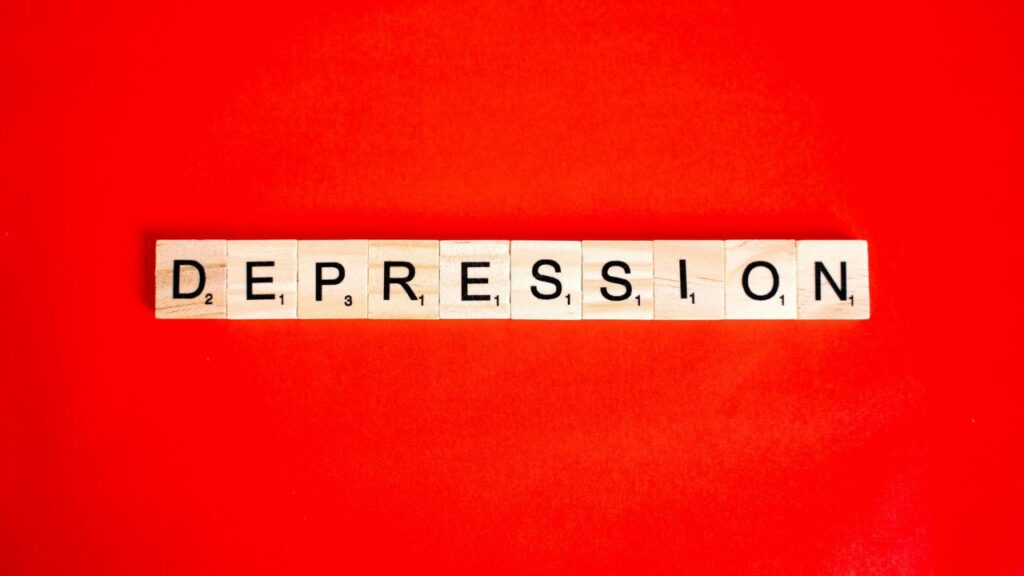One of the most significant challenges faced by healthcare professionals in addiction treatment is the prevalence of co-occurring disorders. Also known as dual diagnosis, these conditions present when an individual experiences both a substance use disorder and a mental health condition simultaneously. The intricate interplay between these disorders necessitates a comprehensive and integrated approach to treatment, one that addresses both the addiction and the underlying mental health issues.
Understanding Co-Occurring Disorders
Co-occurring disorders are more common than many realize. According to the most recent 2022 data from the Substance Abuse and Mental Health Services Administration (SAMHSA), approximately 21.5 million adults in the United States experienced both mental illness and a substance use disorder. This high prevalence underscores the importance of recognizing and addressing these complex cases in addiction treatment settings.
The relationship between substance use disorders and mental health conditions is often bidirectional. Mental health issues can lead individuals to self-medicate with drugs or alcohol, while substance abuse can exacerbate or even trigger mental health symptoms. This interconnected nature makes it crucial to treat both conditions concurrently for the best possible outcomes.

Challenges in Treating Co-Occurring Disorders
Treating co-occurring disorders presents several unique challenges:
- Diagnostic Complexity: Symptoms of substance use and mental health disorders can overlap, making accurate diagnosis challenging.
- Treatment Resistance: Individuals with co-occurring disorders may be more resistant to treatment and have higher relapse rates.
- Medication Management: Balancing medications for mental health conditions with addiction treatment requires careful consideration and monitoring.
- Social and Environmental Factors: Co-occurring disorders often involve complex social and environmental factors that need to be addressed for successful recovery.
The Importance of Integrated Care
Integrated care is the gold standard for treating co-occurring disorders. This approach involves treating both the substance use disorder and the mental health condition simultaneously, rather than addressing them separately. Integrated care offers several benefits:
- Improved treatment outcomes
- Reduced risk of relapse
- Better medication management
- Comprehensive support for all aspects of an individual’s health
- Streamlined treatment process
Evidence-Based Approaches to Treating Co-Occurring Disorders
Several evidence-based therapies have shown effectiveness in treating co-occurring disorders:
Cognitive Behavioral Therapy (CBT)
CBT is a widely used therapy that helps individuals identify and change negative thought patterns and behaviors. It’s particularly effective in treating both substance use disorders and mental health conditions like depression and anxiety.

Dialectical Behavior Therapy (DBT)
DBT combines elements of CBT with mindfulness techniques. It’s especially useful for individuals with borderline personality disorder and substance use issues, helping them develop emotional regulation and interpersonal effectiveness skills.
Medication-Assisted Treatment (MAT)
MAT combines behavioral therapy with medications to treat substance use disorders. For individuals with co-occurring disorders, carefully managed MAT can address both the addiction and mental health symptoms.
Motivational Interviewing
This client-centered approach helps individuals resolve ambivalence about change and increase their motivation for recovery. It’s particularly useful for those struggling with both addiction and mental health issues.
Destination Hope’s Approach to Co-Occurring Disorders
At Destination Hope, we recognize the critical importance of addressing co-occurring disorders in addiction treatment. Our dual diagnosis program offers a comprehensive, integrated approach that treats both substance use disorders and mental health conditions simultaneously.
Key features of our program include:
- Thorough initial assessment to identify all co-occurring disorders
- Customized treatment plans that address each individual’s unique needs
- Integration of evidence-based therapies like CBT, DBT, and motivational interviewing
- Medication management by experienced psychiatrists
- Group therapy sessions focused on both addiction and mental health topics
- Holistic approaches including mindfulness, art therapy, and physical wellness activities
- Aftercare planning that addresses both addiction recovery and ongoing mental health care
Benefits of Integrated Treatment for Long-Term Recovery
The integrated approach to treating co-occurring disorders offers significant benefits for long-term recovery:
- Improved Treatment Engagement: Addressing both conditions simultaneously increases motivation and engagement in treatment.
- Better Symptom Management: Treating mental health symptoms can reduce the urge to self-medicate with substances.
- Enhanced Coping Skills: Individuals learn strategies to manage both their addiction and mental health symptoms effectively.
- Reduced Relapse Risk: Addressing underlying mental health issues decreases the likelihood of substance use relapse.
- Improved Quality of Life: Comprehensive treatment leads to better overall functioning and life satisfaction.
Addressing co-occurring disorders in addiction treatment is crucial for achieving lasting recovery. At Destination Hope, we’re committed to providing the integrated, comprehensive care needed to help individuals overcome both substance use disorders and mental health challenges. Our experienced team is ready to guide you or your loved one on the path to holistic healing and sustainable recovery.
Take the first step towards comprehensive healing. Call Destination Hope today at 888-989-1479 to learn more about our dual diagnosis program and how we can support your journey to recovery.




